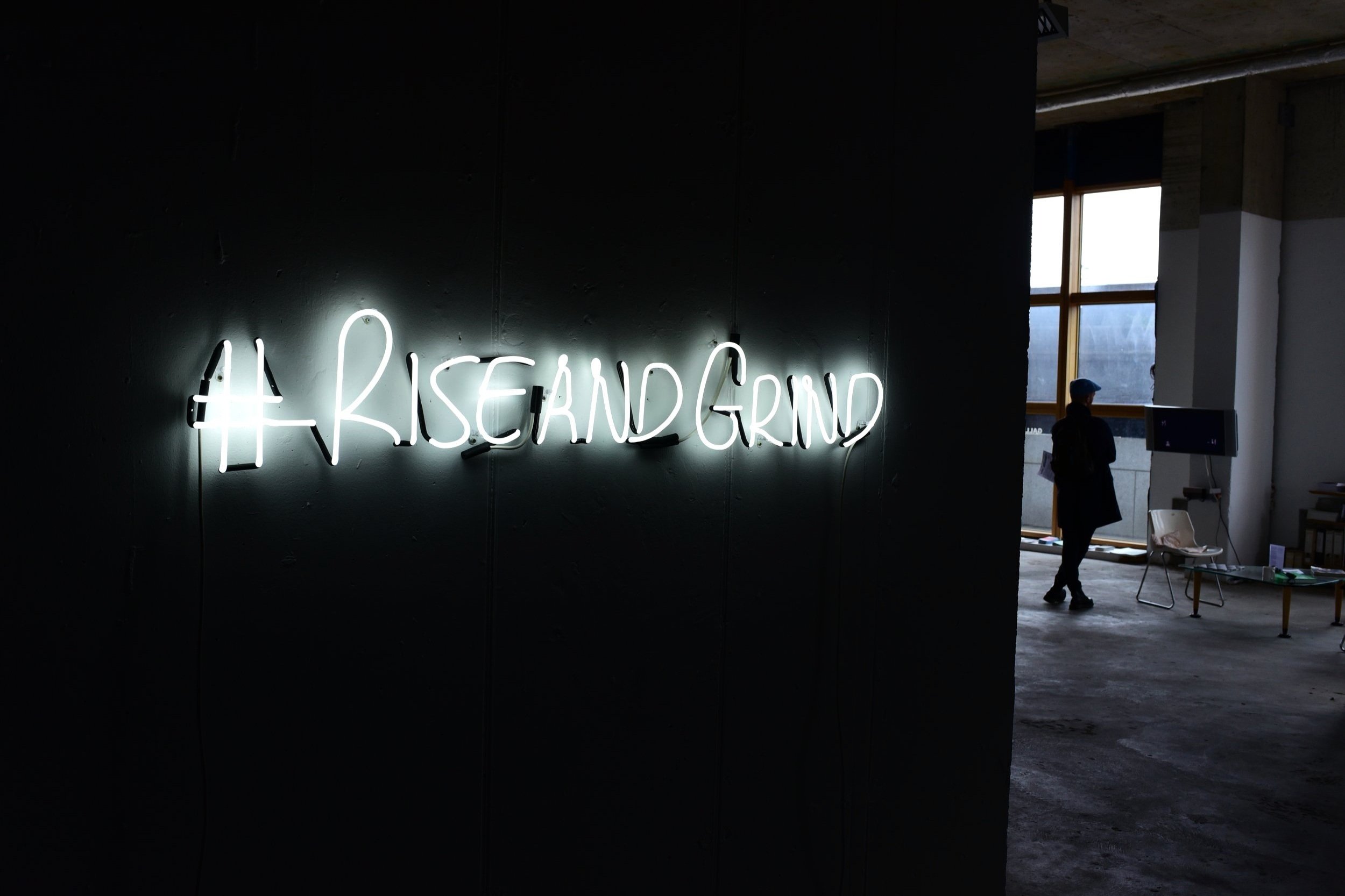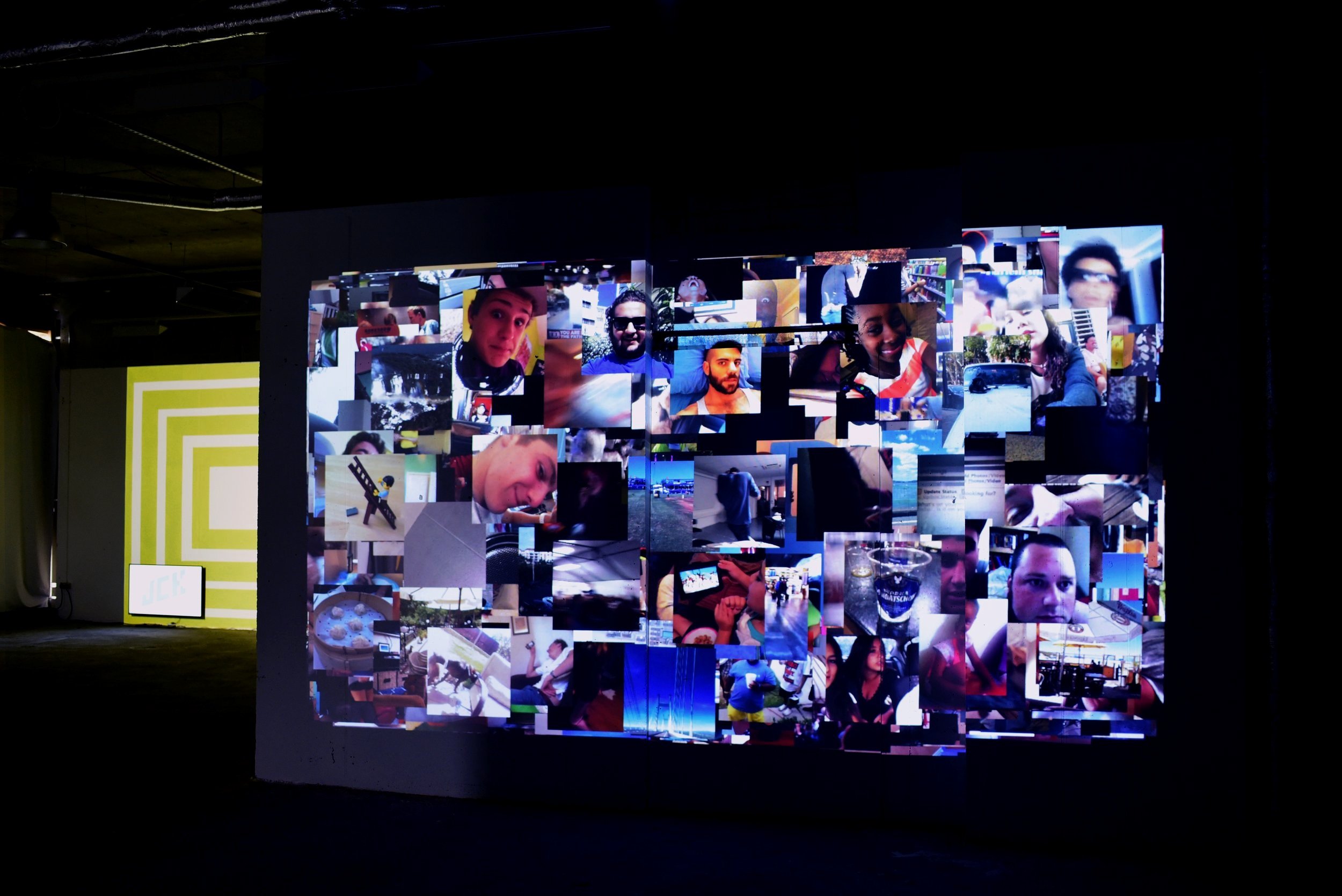Screentime
Screentime
2019
In the space of the 15 years since our Video Time show in Green On Red Gallery in Dublin where we featured the work exclusively in moving image of Ceal Floyer, Darren Almond, Richard Serra and Igor and Svetlana Kopystiansky, a lot has changed. The rhythms, cycles and machinations that make the world tick in business, politics and in our daily lives have changed radically, almost unrecognisably, thanks greatly to digital technologies. The ubiquity of the screen and touch screen platforms of diverse design and application has changed how we relate to each other and has stretched the meaning and the experience of that short four-letter word, time, considerably.
Screentime looks at the work of a number of artists of our generation whose work is as poignant as it is hard-hitting in its use of the same contemporary technologies. The subject for this show is broad. The selection of artists opens up different avenues of thought about the connection between the real and the virtual space, about the role of new/virtual technologies and representation, about the impact on our physical environment and psychological condition as human individuals against the backdrop of a shifting, even evolving humanity (and artificial intelligence ).
Artists include: New and recent works by Paper Rad/ Cory Arcangel, Alan Butler, Ben Jones, Conor McGarrigle, David O’Reilly and They Are Here.
Bernard Stiegler explains how we are “ adoptive“ and“ prosthetic“ creatures and outlines“ the ways in which cultural, symbolic and informational technologies have become a means of industrialising the formation of desire in the service of production, with destructive consequences for psychic and collective individuation".
Screentime looks at the grip of simulation ( to infinity), representation, virtuality, surveillance and the screen itself on our id and our imagination through the provocative work of key artists of our time - and a way out with humour starting with Paper Rad and Cory Arcangel and Ben Jones (LA). Other artists in Screentime include Alan Butler (Dublin), David O'Reilly (Tokyo), Conor McGarrigle (Dublin) and the UK collective They Are Here (London). In We Help Each Other Grow (2017) by the latter, a Tamil refugee is recorded performing a dance inspired by the traditional Bharatanatyam female dance on an East London rooftop in view of Canary Wharf, location of his first home in London, with a heat sensitive surveillance camera more usually deployed at troubled border crossings to record and to capture your body signature. The musical score is by Mx World. (Commissioned by Furtherfield).


'Loss', in the technological, specifically digital sense, has all but shrugged off its physical, etymological forbears. Like' rendering',' capturing', 'processing', etc., 'loss' is a negative effect of a now welcome, obsoleted failure of tech.' Losslessness' is a solution to a problem concocted inside the language and its particular tech semiology; a kind of problem modelled, coolly, according to some successional capitalistic paradigm, rendered a weird sort of natural, a kind of evolution-as-in-built obsoletism." (More than Real Art in the Digital Age : Ed. by Daniel Birnbaum and Michelle Kuo, p. 83-4).

